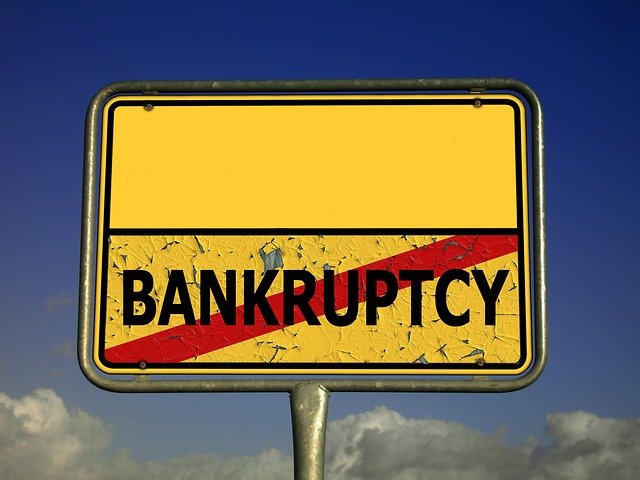- Hits: 1617
Increased Duty of Disclosure in the Sale of Companies
To which extent must the seller of a company disclose unasked details of his company? It is without question that this relates in particular to information about specific events and weighty indications of a continuing crisis in the company. The judgment of OLG Munich of 03 December 2020 (re 23 U 5742/19) provides some interesting insight to this.

Plaintiff not Disclosing the Insolvency of his Company
The plaintiff sold his company to the defendants by way of a sale of his shares in the company ("share deal"). The plaintiff previously advertised the sale, among other things, with the promise of "very fast return of investment [...]". In the course of the contract negotiations, the plaintiff provided trial balance statements and business income statements to the defendants.
The financial statements showed a negative operating result. When asked about the negative operating results, plaintiff reassured the purchaser that the past was not so promising but now the company is in plus. The plaintiff offered his tax consultant to testify.
Balance Sheets show Bankruptcy of Purchased Company
It was not until one year after the transfer of the shares that the company's annual official statements were presented. These statements showed a substantial deficit. The negative figures far exceeded the negative figures evident in previous reports. The defendants then revoked the contract on the grounds of fraudulent misrepresentation. Shortly thereafter, insolvency proceedings were opened against the Company's assets.
In the course of the court proceedings, the defendants asserted claims for damages against the plaintiff, in particular on the grounds of breach of pre-contractual duty of disclosure, and demand revocation of the contract.
The plaintiff was ordered to repay the purchase price and to compensate all damages incurred by the defendants as a result of the conclusion of the contract. This was because the plaintiff had fraudulently deceived the defendants about the economic situation of the company prior to the conclusion of the contract. The court saw the deception in the pretense of an inaccurate economic situation as well as in the failure to inform the defendants about the then already weighty signs of a permanent crisis of the company.
Duty to Disclose Relevant Information to Decide
In the event of a sale of a company, the seller is generally obligated to inform the buyer, even without being asked, about specific incidents if these constitute weighty indications of a sustained crisis of the company.
This applies, for example, to substantial payment arrears, multiple reminders or liquidity bottlenecks. The seller must also provide clear and unambiguous information about the fact that the company has only achieved negative results to date and to what extent. The increased duty of disclosure includes all circumstances that have a negative impact on the company's ability to survive, such as an imminent or already existing insolvency or overindebtedness.
Comment
The seller of a company has an increased duty of disclosure with a strict standard of care. This is because the prospective buyer can only form a reasonably accurate picture of the value-forming factors primarily on the basis of the balance sheets, current business evaluations, other accounting documents and supplementary information from the owner or managing director. Since the prospective buyer is an outsider, he is particularly dependent on the correctness and completeness of the information provided to him on the sales and earnings situation of the company.
The ruling shows once again how important it is not only to draft the sales contract correctly, but also to carry out the due diligence professionally. A perfectly drafted company purchase agreement does not in itself lead to a legally secure sale of the company if, as in this case, errors or even deceptions occur during the negotiations. During the due diligence and the negotiations of the purchase agreement, great care should be taken to ensure that the seller provides the buyer with correct, accurate and sufficient information. Insofar as he answers all appropriate questions in the course of the due diligence, his duties of disclosure are met sufficiently.
Related Articles:
Liability of Director not Knowing of Bankruptcy when the Cause is not in his Competence
D&O Coverage for Incorrect Payments During Bankruptcy
